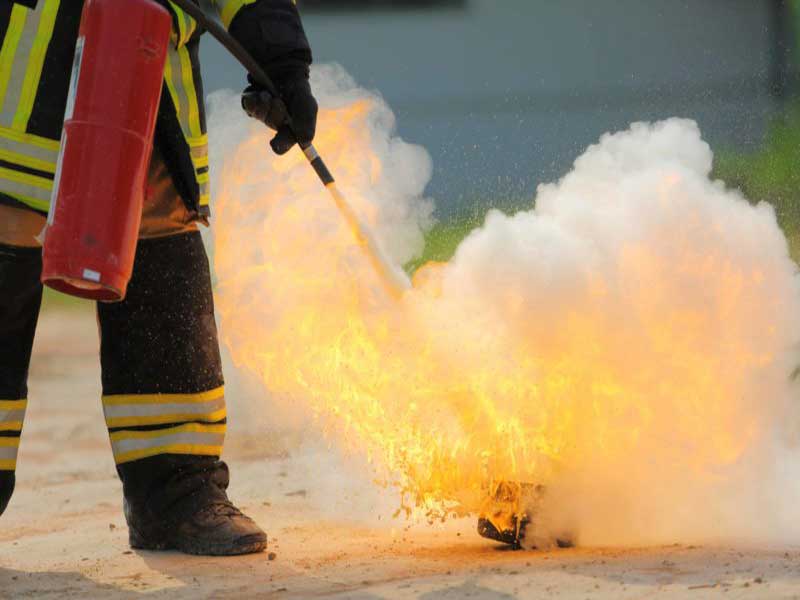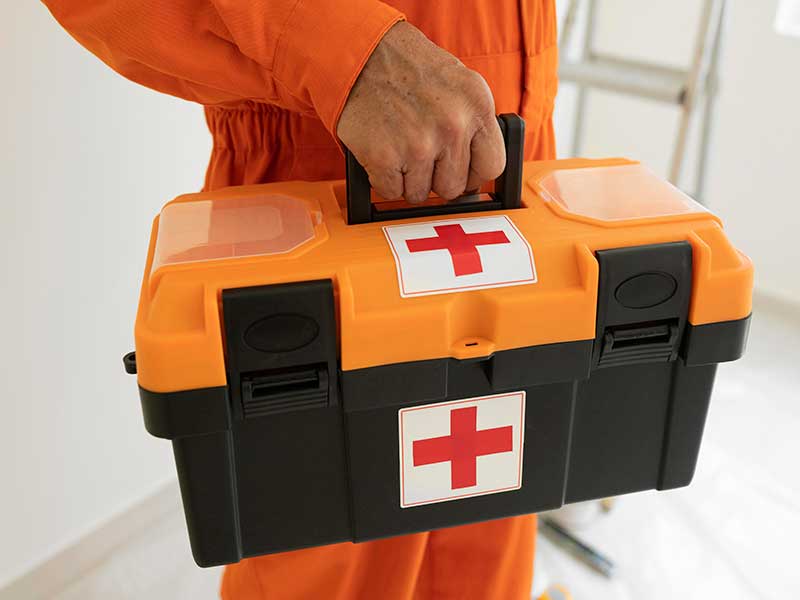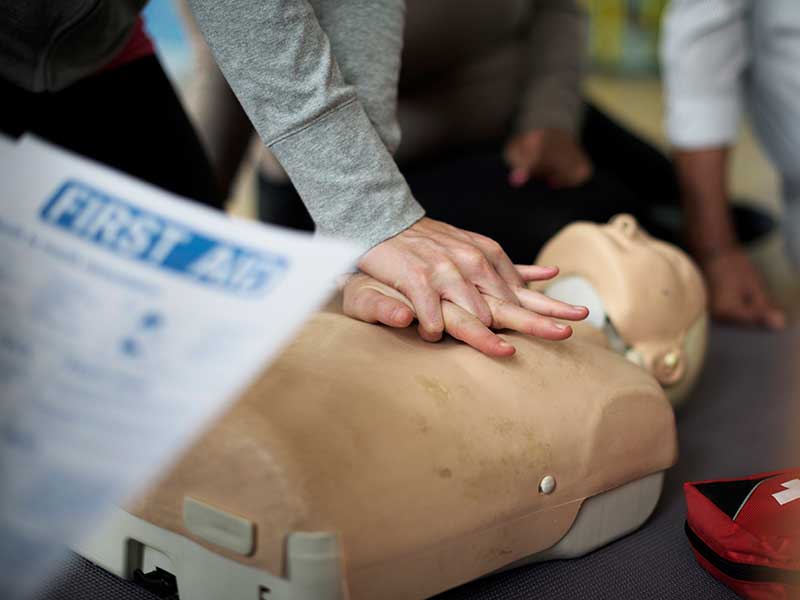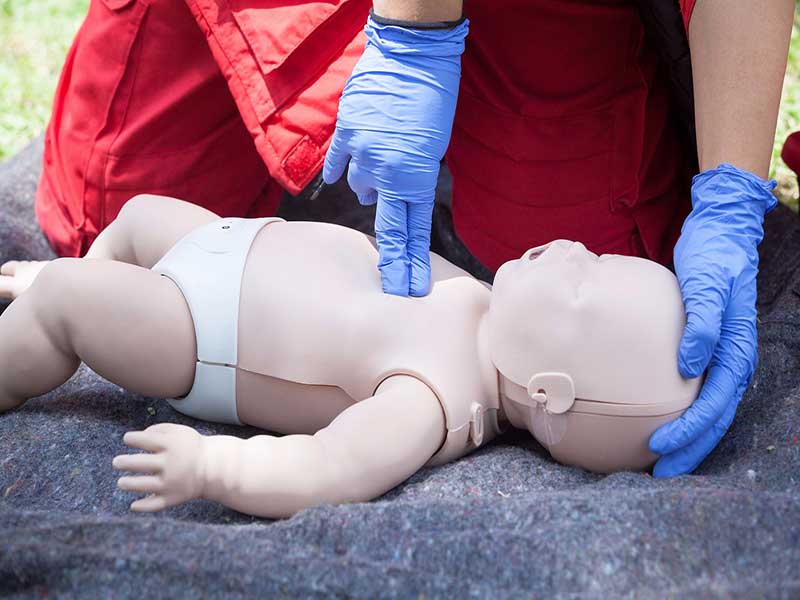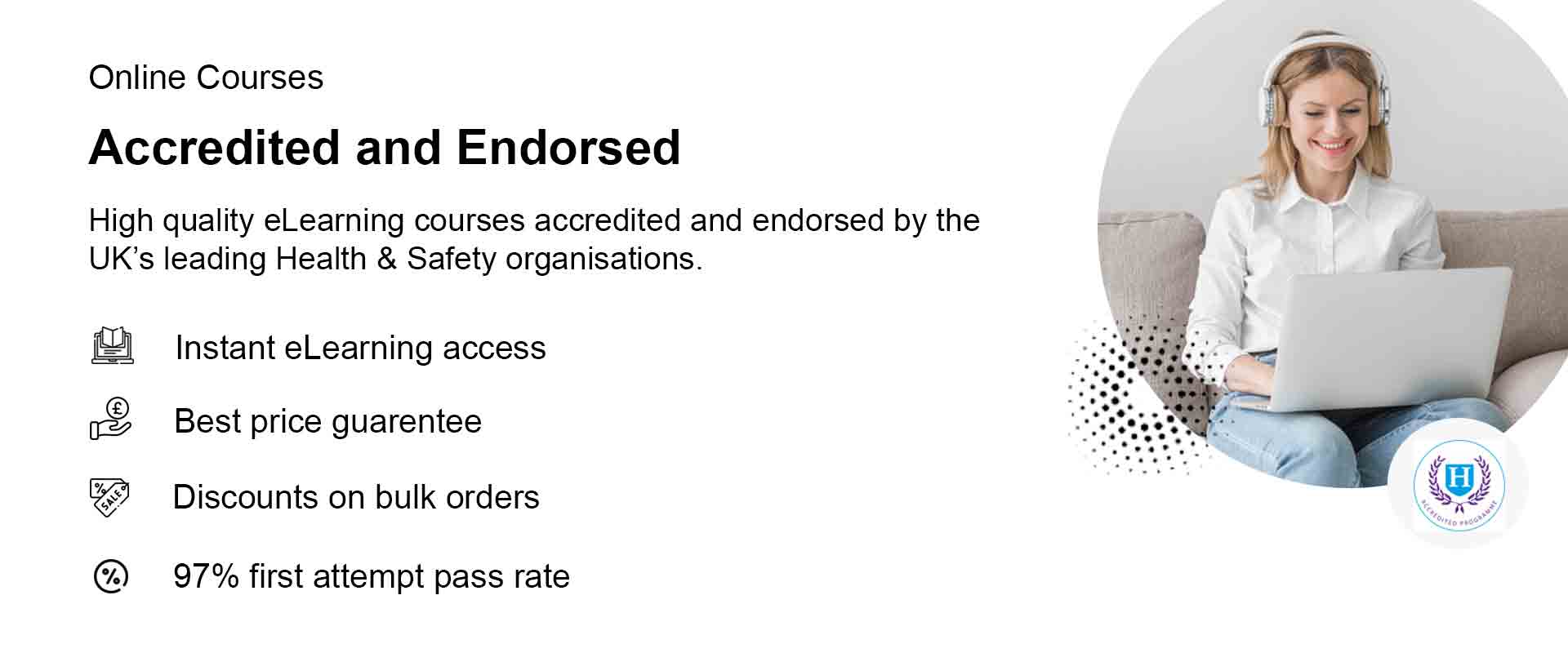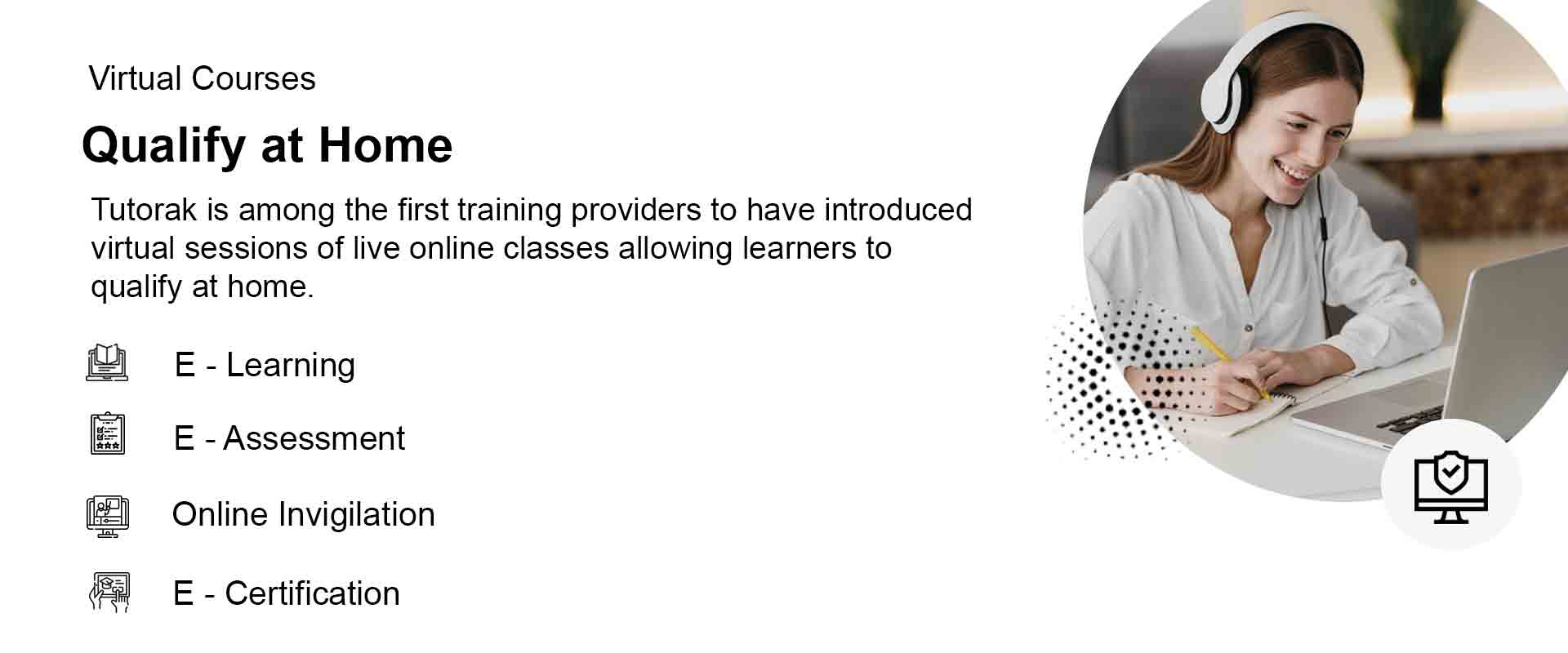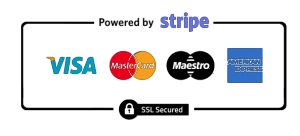Frequently Asked Questions
Select a topic and view the most frequently asked questions about it.
Business Compliance
Cyber Security
1. What are the best ways to ensure online privacy?
To browse the internet without worrying about your safety, you can take the following steps:
- Keep changing your login passwords at regular intervals and make sure your passwords have special characters, letters as well as numbers.
- Always use genuine anti-virus software that provides internet security.
- Never use the same password for two different accounts.
- Your personal details/ information should never be provided on websites that do not offer HTTPS encryption.
2. What are the most common forms of cyber-attacks?
Typically, cybercriminals use the following methods to steal personal information or carry out fraud:
- Phishing- When a hacker calls or sends messages / emails asking people to follow links or download files with viruses.
- DDoS- These attacks lead to the complete shutdown of a website for a long time by sending numerous access requests in a short period.
- Ransomware- Such software restrict/ block the access of users to specific files, and unless the hackers are paid ransom money, the access isn’t resumed.
- Computer Viruses- These are pieces of code that lead to disruption in the operational processes of users’ PCs.
GDPR
1. What will be the effect of Brexit on GDPR?
The general consequences of Brexit is still not completely clear, but the laws of Data Protection shall continue functioning, and most provisions of GDPR will also be used by the UK’s government. So, the compliances will not change much. Also, organisations transferring/ receiving data from EU residents will have to continue complying with GDPR provisions.
Statutory and Mandatory Training
1. Is it legally mandatory to train in manual handling before handling such tasks?
It is not legally compulsory for all staff at premises to undergo manual handling training. However, when an employee handles tasks related to manual handling frequently, then employers must get such employees trained in manual handling. This can minimise the possibility of accidents and unwanted injuries.
Food and Drink
Food Allergen
1. What are the most common causes and symptoms of food allergy?
Most commonly, food allergy is caused when someone’s immune system treats normal nutrients or proteins as a threat to immunity and releases chemicals to combat it. After the release of these chemicals, the patient experiences itching, swelling, redness of the skin, and excessive mucus in nose linings, among other symptoms.
2. How does age affect allergies?
Different types of food allergies undergo varied changes as people get older. At times, allergies disappear completely after a certain age and others tend to get worse, especially in case of frequent exposure. However, the reactions and responses of different individuals to the same allergies tend to differ. Hence, the effects of age on allergies can’t be stated precisely.
Food Safety
1. Are people allowed to sell home cooked food commercially?
If you want to sell home cooked food commercially, you will not only have to comply with all the statutory provisions related to hygiene but also obtain the mandatory Food Hygiene Certificate. You will also have to get your business registered with the local municipality declaring your intention to carry on business from your home.
HACCP
1. What is HACCP, and what are the prerequisites for application?
It is the abbreviated form of Hazard Analysis and Critical Control Points. To apply for this license, businesses need to implement twelve good practices of hygiene as listed below:
- Suitable premises with mandatory facilities
- Functional machinery and equipment
- Technically suitable maintenance processes
- Tools to ensure cleanliness and sanitation
- Separate areas for different activities to maintain zero cross contamination
- Processes to regulate & minimise all types of contamination
- Sanitation of water as well as ice
- Optimum collection & disposal of waste
- Mechanism to prevent the entry of pests
- Supervising and training of employees
- Proper maintenance health & hygiene of employees
- Optimum controls for all suppliers
Safeguarding
General Safeguarding
1. How can we define safeguarding?
Safeguarding refers to the processes and mechanisms that have been set up to ensure the safety of children as well as vulnerable adults. Safeguarding processes provide concise and exact steps that need to be taken in different circumstances along with the accurate division of roles of different professionals. It also includes coordination with local authorities and following their rules for the same.
Safeguarding in Recruitments
1. What are the most important aspects of safer recruitments?
Safer recruitment implies the usage of all means required to avert the employment of people who may harm vulnerable adults and children in positions where they may have the chance to do the same. It includes adherence to the legal and statutory guidelines which have been set up to prevent vulnerable people from coming in harm’s way.
Health and Safety
General Fire Safety
1. Can someone become a fire inspector without being a firefighter?
It is not a mandatory legal requirement for fire inspectors to qualify as a firefighter. However, it has been observed that most fire inspectors have significant experience as a firefighter. The skills obtained in firefighting add tremendous on-the-job value for fire inspectors. Fire inspectors without qualification/ experience as a firefighter usually have a background in other aspects of fire safety.
Fire Safety Equipment
1. What is the general functioning process of fire protection systems?
Most fire protection systems make use of various sprinkler heads connected with bulbs containing liquids to ensure water doesn’t escape. When there is a fire, their temperatures increase, leading to instant bursting of the bulbs. As a result, the water starts flowing at a decent speed for fire quenching.
2. Which materials are used in fire extinguishers?
The most common fire extinguishers use one of the following materials for quenching fire:
- Carbon Dioxide
- Water
- Moisture laden chemicals
- Powdered chemical
- Foam
Signs and Symbols of Fire Safety
1. What are the different types and categories of safety signs?
In fire safety, four different colours are used to represent the fire condition, they have been listed below:
- Green- The conditions are safe
- Red- Quenching/ prohibition of fire
- Blue- Mandatory sign
- Yellow- Need for caution
Fire Warden
1. Are Fire Wardens different from Fire Marshalls? What are their responsibilities?
The roles of these two professionals are quite similar in most workplaces. However, in the more complex work premises both Fire Marshal and Fire Warden are needed. In case a fire breaks out, the Fire Warden is given the task of ensuring that premises are searched properly and cleared. The Fire Marshal has to make sure that the Fire Warden and all other employees are present at the point of assembly.
Assessments and Certificates
1. What options do I have if I don’t clear my courses in the first attempt?
Learners can choose to take reassessment tests multiple times without making any additional payments for select courses. To check if your course qualifies for free reassessments, please call us on 0333 344 1831.
2. How long will it take for me get my certificate post completion?
Different courses have different rules about the delivery of their certificates. In general, when your course fee has been completely paid, you can download your e-certificate as soon as you successfully complete the training program. For some courses, we also send physical copies of the certificates to the registered address of the learner. In such instances, you can select between the first-class delivery or second-class delievery. Your certificate will be dispatched by Royal Mail on the next working day after you complete the course and you should receive it within 1-2 working days for first-class and within 4-5 working days for second-class.
3. There are errors in my e-certificate / printed certificate. What steps can I take?
In case of e-certificates you can send us an email providing details of the errors, and we’ll email you the rectified certificates as soon as we verify them. If there are errors on your printed certificate, you will have to send us the certificate on [email protected] We will send back the corrected certificate after verification of all details.
4. What can I do in case I lose my certificate?
You can get a replacement for e-certificate simply by logging into your Tutorak training account and downloading a copy. For printed certificates, you can either call us on 02033898909 or send us an email requesting a replacement at [email protected]. You will be required to pay a fee of XXXXXX We will dispatch the replacement printed certificate once we receive the certificate replacement fee.
Our Training Programs
1. What are the devices on which I can undertake your training programs?
Leaners can take the courses on all devices with stable internet connectivity.
2. Are your training programs duly certified?
Yes, all our training programs are duly accredited by CPD certifiers as well as relevant regulatory and professional bodies as per course requirements.
3. How are the CPD points calculated for your courses?
You can find about the course durations by going through the course information provided on relevant pages. Generally, learners are provided 1 CPD point for each hour of the course they complete. You can calculate the total CPD points for a training program using this method.
4. Will I be allowed to review/ access study materials after training completion?
Yes, you can easily access the course content by logging into your learner account.
5. How long do I have to complete my course?
Once you start your course you will have one year to complete it.
6. Are people from countries other than the UK allowed to take your courses?
Yes, our courses are available for people throughout the globe irrespective of their place of residence/ citizenship.
Buying Our Training Programs
1. How can I purchase courses?
select the courses you want and make payments. Once this is done, we’ll send the login credentials to your registered email id with which you can access the course materials.
2. I want to book multiple training programs. How can I go about it?
You can buy as many courses as you want without any restrictions from your Tutorak account. You can also order Bespoke Training Programs designed for your organisation. We also recommend using our Premium Account Services if you have a substantial number of employees. This facility will give you special discounts, a dedicated account manager and a lot more.
3. Will I be allowed to make payments by invoice?
For people booking 5 or more courses, this option can be used at the time of making payments. However, if you book less than 5 courses and want to pay by invoice, your request will be subject to the approval of our sales team. You can get in touch with them by calling on 0333 344 1831.
4. Are there special discounts for companies booking multiple training programs?
Yes, not only do we provide special rebates on bulk purchases, but customers also have the option of joining our Premium Account Service where they can get many other additional benefits and special offers.
5. How can I buy courses if my business is exempt from VAT?
To take the order forward, you can get in touch with our sales team by calling on 0333 344 1831.
Passwords and Logins
1. I have already booked courses. How do I take the process forward?
After you have purchased courses, we provided the step by step process details to the registered email address. In case you don’t receive the email from us within an hour, you should search for it in your spam/ junk emails. If you still don’t find the email, you should get in touch with our support team by calling on 0333 344 1831.
2. How can I reset my password if I forget it?
You will be provided with an option to reset/ change your password on the login page of our website. You can follow the simple instructions to reset your password. If this doesn’t work, you can reach out to our support team by calling them on 0333 344 1831.
3. What steps should I take after getting login credentials from my employer?
You can use the login credentials to access our Learning Management System and start your training as per your convenience.
4. The courses aren’t running smoothly. What should I do?
At such times, clearing your cache from the browser should do the job for you. If the problem persists, then we recommend logging out from your account and logging back in. In case the trouble continues, you can get in touch with our support team by calling us on 0333 344 1831.










